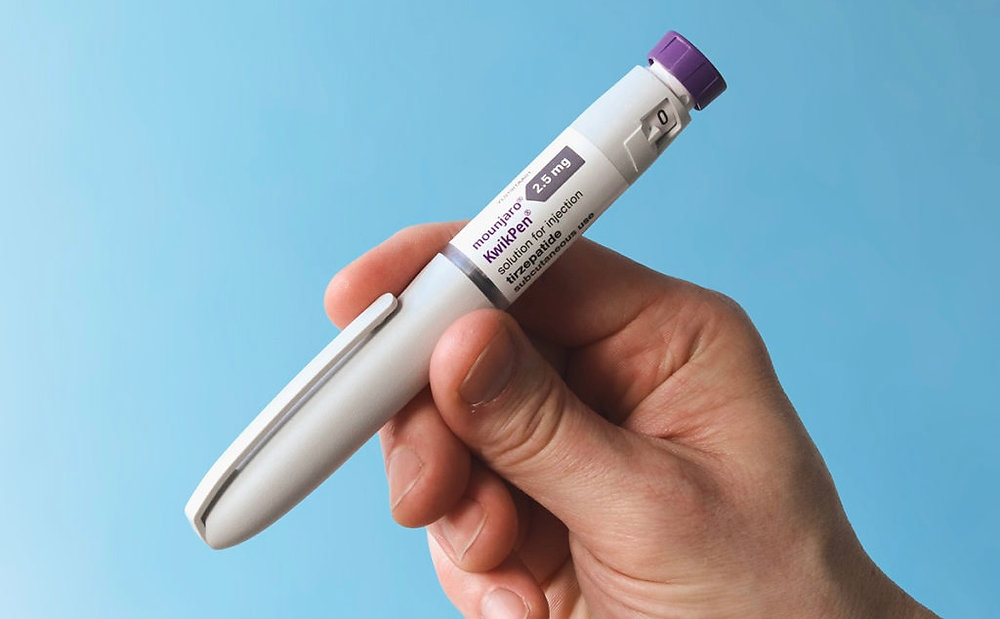
The Medicines and Healthcare products Regulatory Agency (MHRA), in partnership with Genomics England, has launched a major national study to examine whether serious side effects linked to GLP-1 medicines, such as acute pancreatitis, could be influenced by a patient’s genetic profile.
This study, part of the Yellow Card Biobank initiative, is calling for people across the UK who have been hospitalised with acute pancreatitis while using GLP-1 receptor agonists—including Ozempic, Wegovy, and Mounjaro—to come forward and report their experience through the Yellow Card scheme.
The goal is to understand whether specific genetic traits may predispose individuals to develop serious adverse reactions to these increasingly popular medicines, which are prescribed for Type 2 diabetes and, in some cases, weight management.
GLP-1 medicines and public interest
GLP-1 receptor agonists (also called GLP-1 RAs) mimic hormones that help regulate appetite and blood sugar levels. These drugs have surged in popularity globally, partly due to their weight-loss effects, earning the nickname “skinny jabs” in popular media.
Although effective and widely used, they are not without risk. One rare but potentially life-threatening side effect is acute pancreatitis—a condition where the pancreas becomes inflamed, often resulting in severe abdominal pain that radiates to the back and can require hospitalisation.
A genetic link? The Yellow Card Biobank steps in
The Yellow Card Biobank is a pioneering initiative combining pharmacovigilance and genomics to help identify which patients are genetically more susceptible to serious side effects.
Those who report a qualifying case of acute pancreatitis via the MHRA’s Yellow Card reporting system may be invited to join the study. Participation involves submitting more information about their experience and providing a saliva sample via post for DNA analysis.
Dr Alison Cave, MHRA Chief Safety Officer, explained the potential impact:
“Evidence shows that almost a third of side effects to medicines could be prevented with the introduction of genetic testing. It is predicted that adverse drug reactions cost the NHS more than £2.2 billion a year in hospital stays alone.
“Information from the Yellow Card Biobank will help us to better predict those most at risk of adverse reactions – enabling patients across the UK to receive the safest medicine for them, based on their genetic makeup.”
Participants will receive a saliva collection kit by post, with full instructions and a prepaid envelope to return the sample, making it simple and convenient to contribute to this important research.
What to watch for: Symptoms of acute pancreatitis
Though rare, acute pancreatitis is a serious medical condition. Symptoms to be aware of include:
-
Sudden, severe abdominal pain (often radiating to the back)
-
Persistent nausea or vomiting
-
Fever or rapid pulse
-
Abdominal tenderness or swelling
Anyone experiencing these symptoms while taking a GLP-1 medicine should seek immediate medical attention.
Who should report – and how?
-
This includes medicines containing the active ingredients: semaglutide, liraglutide, exenatide, dulaglutide, lixisenatide, or tirzepatide
If you’re unsure which medicine you’re on, check the packaging or consult a healthcare professional.
Reporting is easy:
Healthcare professionals also urged to assist
Doctors, pharmacists and other clinicians are also being asked to report suspected cases of acute pancreatitis related to GLP-1 medications on behalf of their patients, and to facilitate contact with eligible individuals.
“The Yellow Card Biobank also works directly with healthcare professionals to refer patients. Please see the website for more information or to get in touch with the team.”
Clinicians can select “Yes” when completing a Yellow Card to indicate their patient is willing to be contacted about the study.
Towards a safer, personalised future in medicine
Professor Matt Brown, Chief Scientific Officer at Genomics England, added:
“GLP-1 medicines like Ozempic and Wegovy have been making headlines, but like all medicines there can be a risk of serious side effects. We believe there is real potential to minimise these with many adverse reactions having a genetic cause.
“This next step in our partnership with the MHRA will generate data and evidence for safer and more effective treatment through more personalised approaches to prescription, supporting a shift towards an increasingly prevention-focused healthcare system.”
The long-term goal of the Yellow Card Biobank is to enable rapid screening tests that can predict whether a person is at genetic risk of certain side effects. This will allow clinicians to personalise prescriptions—avoiding harm and improving outcomes.
Key takeaways:
